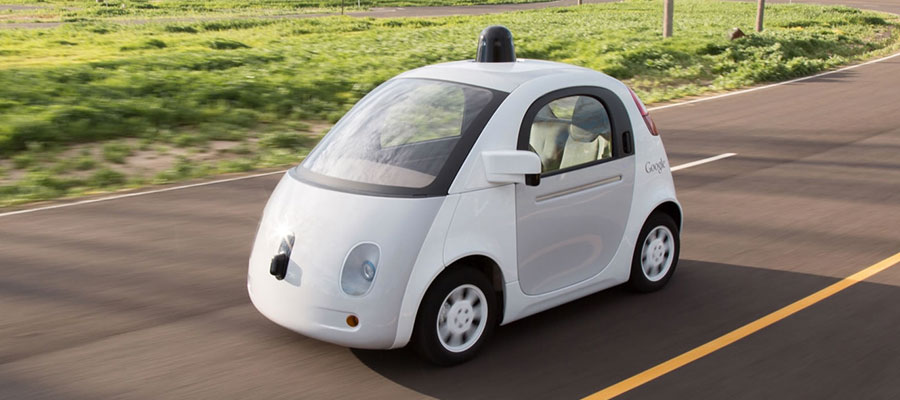
Driverless Cars and the Insurance Industry
Driverless cars are set to revolutionise the automobile industry within the next decade according to most experts. In fact, many of our cars already utilise similar technology to help with parking and cruise control. And following a decision by the UK Government last year to allow these cars on our roads, it seems that full automation is going to become a fact of life in the very near future. Notwithstanding the obvious benefits of driverless technology that we’ve already explored elsewhere, the impact on car insurance is more difficult to gauge.
Reduction of Accidents
Road fatalities in the UK are extremely high with almost 200,000 injuries each year resulting from car accidents with an estimated 90% arising from human error. Driverless cars could substantially reduce these numbers by eliminating human error, provided the technology proves successful. As it stands, some driverless prototypes have already clocked in over 500,000 miles without incident. It’s therefore reasonable to assume that insurance premiums will be significantly reduced.
Claim Size Increase
However, with a price tag of over £150,000 per car, claims will probably be rather high given the cost to replace or repair parts following an accident. And premiums could also be inflated given how expensive the equipment and parts. So this may ease the burden placed on insurance companies brought about by a reduction in the number of claims.
The End of Fraudulent Claims
Autonomous vehicles will be able to provide a great deal of data which could be used to analyse and assess an incident. This should help insurers to identify the true cause of an accident. It will therefore become far more difficult for claimants to exaggerate in order to get a bigger payout. The added availability of data could also help companies to get more accurately assess the risk of a policyholder.
Who becomes liable?
With full automation, it’s entirely possible that the risk may shift from the individual driver to the manufacturer as most accidents will, in all likelihood, arise from system failures. In that case, the actual car-makers could be obliged to insure their own vehicles. This could become a major headache for the Government, car manufacturers and insurance companies.
Supply and no Demand?
Although driverless technology has caused a great deal of hand-wringing among insurers, it is worth pointing out that while automotive autonomy is undoubtedly around the corner, there is no guarantee it will catch on with the consumer. A recent survey by the AA found that over half of respondents had no confidence in the technology. Some commentators also make the outlandish claim that drivable cars will be obsolete by the middle of this century. Many people actually enjoy driving so the prospect of billions of motorists surrendering their independence to become mere passengers seems rather far-fetched at this stage.
Moreover, new cars only make up 10% of road traffic and will take up to 20 years to replace, according to some estimates. So while it’s crucial for the insurance industry to work with manufacturers as well as the Government in order to address the coming changes, there’s certainly no need to panic at this stage.